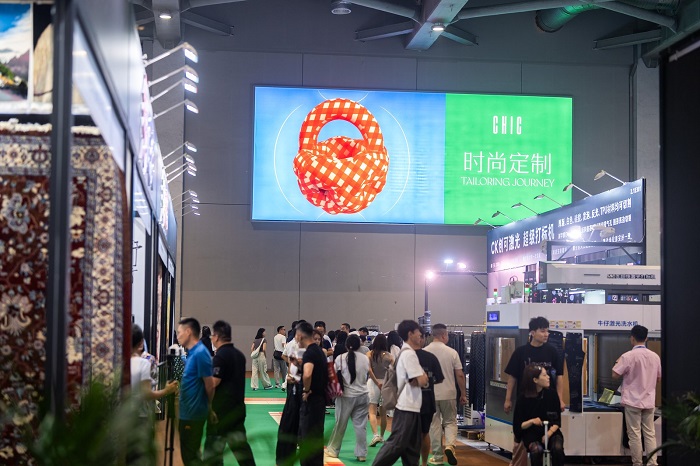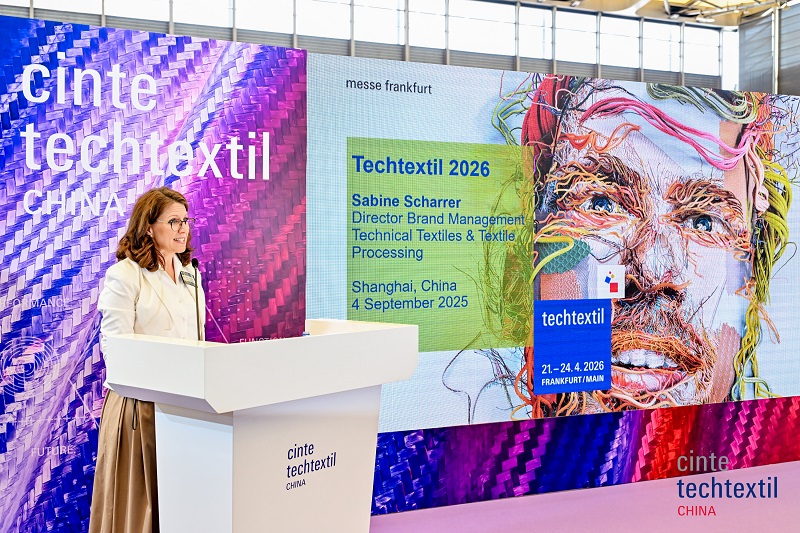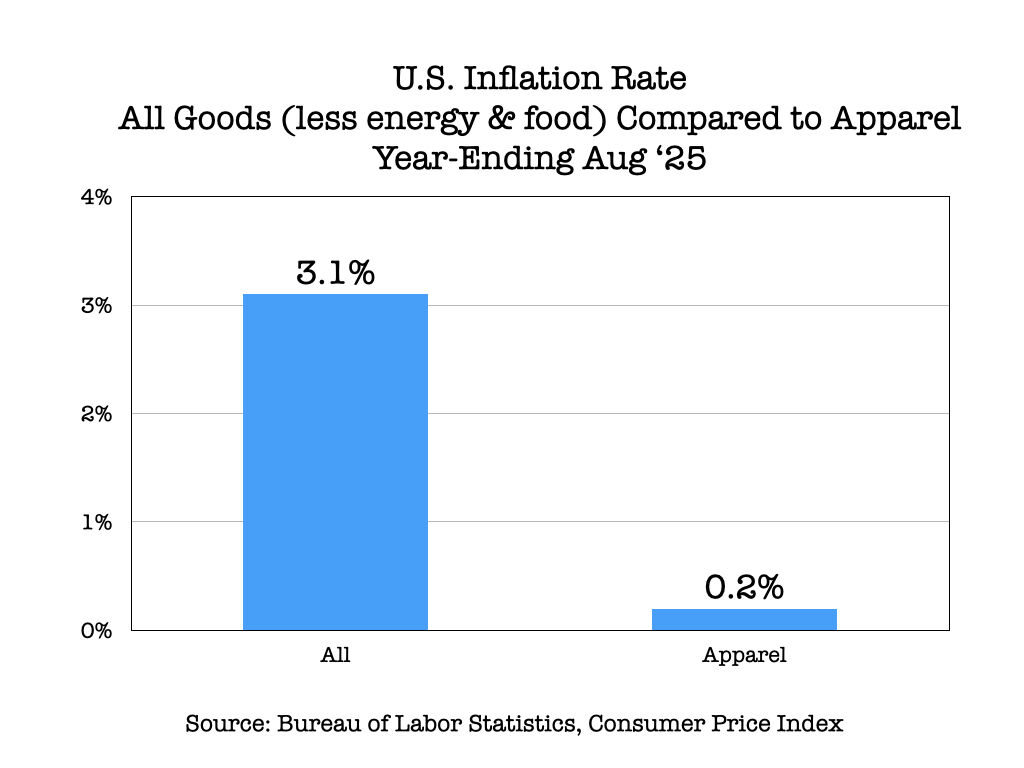FW
Lord & Taylor is joining forces with Walmart to create an online store that will offer over 100 fashion brands.
The online store will be a premium destination, reflecting both Lord & Taylor’s need to reach a broader audience, and for Walmart to attract higher net worth individuals.
Though Lord & Taylor already has an online shopping property, its audience is a drop in the ocean at 2.2 million compared to Walmart’s 101 million.
Walmart has been working toward a more affluent shopper with acquisitions such as Bonobos and Modcloth, as well as internal innovations such as an exclusively online bedding and mattress business. Walmart’s redesigned premium e-commerce site has reduced mention of the word Walmart to a minimum, as it borrows a premium feel.
Like many other US department stores, Lord & Taylor is trying to cut physical costs while expanding online revenue.
Retailers are considering new strategies in a changing retail environment. As consumers jump from one trend (and brand) to the next faster than ever, US retailers are collectively being forced to pivot away from the traditional model, which values low costs above all else.
Amazon is tipped to become the leading apparel retailer in the US. Part of the strategy for Walmart is to offer its marketplace function to brands in a style popularised by Amazon, by offering a store within a store.
The textile sector in Pakistan will get an enhanced supply of natural gas.
Availability will be increased to 42 per cent from 28 per cent i.e. from two days a week to three days a week.
Pending refunds of exporters will be paid in the next fiscal year in various installments starting from July 2018.
The industry wants refunds to be paid where refund orders have been issued. Exporters say the rebate on exports announced in the textile package has not been paid and consequently the liquidity problem of the textile sector has worsened.
Refunds have not been processed for one-and-a-half-years. Pending refunds of the industry up to December 2016 are yet to be paid. As a result of the delay in refunds, more than 30 per cent of the cash flow is blocked now.
Exports grew by 18 per cent, but the seven per cent rebate on exports was not paid, say exporters.
Exporters want a supply of natural gas three days a week during Ramazan because LNG is becoming an expensive input for them and making their exports uncompetitive in the global market.
The textile industry in Pakistan contributes 57 per cent to the country’s exports. The country is working on upgrading its supply chain, improving productivity, and maximising value addition.
In 2017, Aviraté stirred things up in the retail industry with the launch of the first ever virtual mirror.
This is a high tech mirror that allows customers to try on in-store garments without having to undo a single button.
Avirate is a fashion brand from Sri Lanka. It also launched an omni channel in its flagship store to provide customers with a seamlessly integrated shopping experience whether they are shopping online from a desktop or mobile device or physically at the store.
Another step in redefining the in-store shopping experience was a 3D virtual store – a 24-hour open virtual walkthrough that allows customers to walk through the flagship store and purchase items straight from the comfort of their homes.
Most recently, Aviraté has shifted its focus towards Garments without Guilt, an initiative launched by Sri Lanka’s apparel manufacturers. The intention behind this initiative is to make the Made in Sri Lanka label synonymous with not only quality and reliability but also social and environmental accountability. The initiative promotes the need for positive and ethical working conditions among garment factory workers in the country and educates the global fashion community of the positive steps taken to uplift environment and labor force conditions in Sri Lanka.
According to Apparel Export Promotion Council, apparel exports in April 2018 declined by 22.76 per cent as against the corresponding period last year. In April 2018, the Indian RMG exports amounted to USD 1.34 billion (approximately) as against the corresponding month of April 2017, when the exports was USD 1.74 billion (approximately). In rupee terms export for the Month of April 2018 was Rs. 8859.67 Crore as against Rs. 11272.24 Crore in April 2017, showing a decline of 21.40 per cent.
India’s apparel production has also showed a decline of 18.6 per cent in the month of March, 2018 and a decline of 11 per cent for the period April-March, 2017-18 as per the latest IIP figures. India’s Readymade Garment (RMG) export in the period April-March of 2017-18 was to the tune of USD 16.71 billion (approximately) which has decreased by 3.83 % compared to the same period of previous financial year. During April-March 2016-17, India’s apparel exports were to the tune of USD 17.38 billion (approximately).
Swedish innovative company Coloreel has entered a long-term partnership with the global electronics company Ricoh to create a groundbreaking thread coloring unit for the textile industry. Ricoh will develop and build one of the major sub-systems in the unit, based on its inkjet printing technology and Coloreel’s technology for colorisation. The company will build the sub-system for the colorisation process using their long experience in the world of printing and combine it with Coloreel’s new technology for colorisation.
The Coloreel technology enables high-quality instant coloring of textile thread while it is in the textile production. The first product to be launched based on this technology is a groundbreaking thread coloring unit that works with any existing industrial embroidery machine. By instantly coloring a white base thread during the embroidery production, Coloreel enables complete freedom to create unique embroideries without any limitations in the use of colors.
Wacoal reported a mixed set of results recently with its sales and net profit declining but operating profit increasing. The company’s net sales in the year to March 31 dipped by 0.1per cent to ¥195.572 billion, while operating income was up by 13.3per cent to ¥12.534 billion. Its net income however declined by 22.2per cent to ¥9.745 billion.
While the decline in overall sales was slight, Wacoal’s domestic business declined by a larger 2per cent due to a tough environment for wholesale. But consolidated sales from overseas markets rose 7per cent due to e-tail strength and steady comparable sales in Europe, the US and China. The increase in operating profit came on the back of initiatives to improve profitability in the domestic business and the rising sales in the overseas ops, as well as from various one-off effects.
Major global brands Nike, H&M, Burberry and Gap have joined the Make Fashion Circular scheme of the Ellen MacArthur Foundation to reduce global waste from fashion by recycling raw materials and products. The four brands will join British designer Stella McCartney, who last year became the first to sign up to the initiative, which aims to eliminate waste and pollution and ensure products and materials are reused.
The participating brands will spend three years developing practical ways in which the industry can move away from polluting materials and processes, working with HSBC bank. H&M has set a target of only using recycled or other sustainably sourced materials by 2030, he said, and 35 percent of its garments are currently produced that way.
Archroma has entered into a partnership with House of Denim.
Archroma will support House of Denim with a yearly financial contribution and will share its expertise and network with House of Denim. Archroma is a global leader in color and specialty chemicals. It has made contributions to the denim industry with cutting-edge dyeing technologies and products that bring together creativity, performance and sustainability.
House of Denim is a non-profit organization that conceives and initiates collaborative projects to make this denim industry cleaner, dryer and smarter, through education, research and innovation, enterprise and networking. House of Denim has established the Denim City in Amsterdam, an innovation campus for the denim industry with facilities such as the Blue Lab, the Academy and the Jean School.
With this partnership, Archroma and House of Denim aim to implement safety, health and environmental best practices in the Denim City's Blue Lab; work together in the activities of the Denim City's Academy and Jean School, bring new skills and knowledge to the participants, as well as some of Archroma’s exclusive tools such as the Color Atlas color library especially developed for designers.
Archroma is expected to bring House of Denim’s participants and designers invaluable expertise on how to create denim excellence with a conscience.
The Lenzing Group is introducing the eco-responsible process for the production of LENZINGTM ECOVEROTM branded viscose fibers, which were first launched by Lenzing in autumn 2017 at its Chinese location Lenzing Nanjing Fibers (LNF). As of now, the Lenzing Group produces LENZINGTM ECOVEROTM fibers at its sites in Lenzing (Austria) and China.
LENZING™ ECOVERO™ viscose fibers are derived from sustainable wood and pulp, coming from certified and controlled sources (FSC® or PEFCTM certified) following the stringent guidelines of the Lenzing Wood and Pulp Policy. These fibers have been certified with the EU Ecolabel, a label of environmental excellence and they can be robustly identified in the final product.
Lenzing follows strict environmental standards during viscose production. Both the Lenzing site and the production facility in Nanjing comply with the stringent guidelines of the EU Ecolabel. The label of environmental excellence is only awarded to products and services which have a significantly lower environmental impact throughout their lifecycle: from raw material extraction, to production, distribution and disposal.
Levi’s has collaborated with Karla Welch to create a special collection of new denim classics.
Karla Welch is a celebrity stylist. Her clients include Justin Bieber, Tracee Ellis Ross, and Lorde.
The collection includes two new versions of the 501 jean, an original fit and a wide-leg flare. Levi's x Karla also includes a reversible sherpa jacket, a leather fringe trucker jacket, a boiler suit, and a button-down western shirt with patent leather pocket.
This is Welch's second designer collaboration, having previously worked with Hanes for another affordably priced collection.
Levi's celebrates 501 day on May 20, the day it received its patent on the 501 jean.
Levi Strauss has devised a new operating model that ushers denim finishing into the digital era.
Project FLX (future-led execution) digitizes denim finish design and enables a responsive and sustainable supply chain at an unparalleled scale. By replacing manual techniques and automating the jeans finishing process, Project FLX radically reduces time to market — and eliminates thousands of chemical formulations from jeans finishing.
Using this method Levi Strauss can replace manual techniques and automate the time-consuming, labor-intensive and chemical-reliant process of hand-finishing. By using lasers in new ways, finishing time is cut dramatically – from two to three pairs per hour to 90 seconds per garment, followed by a final wash cycle.












